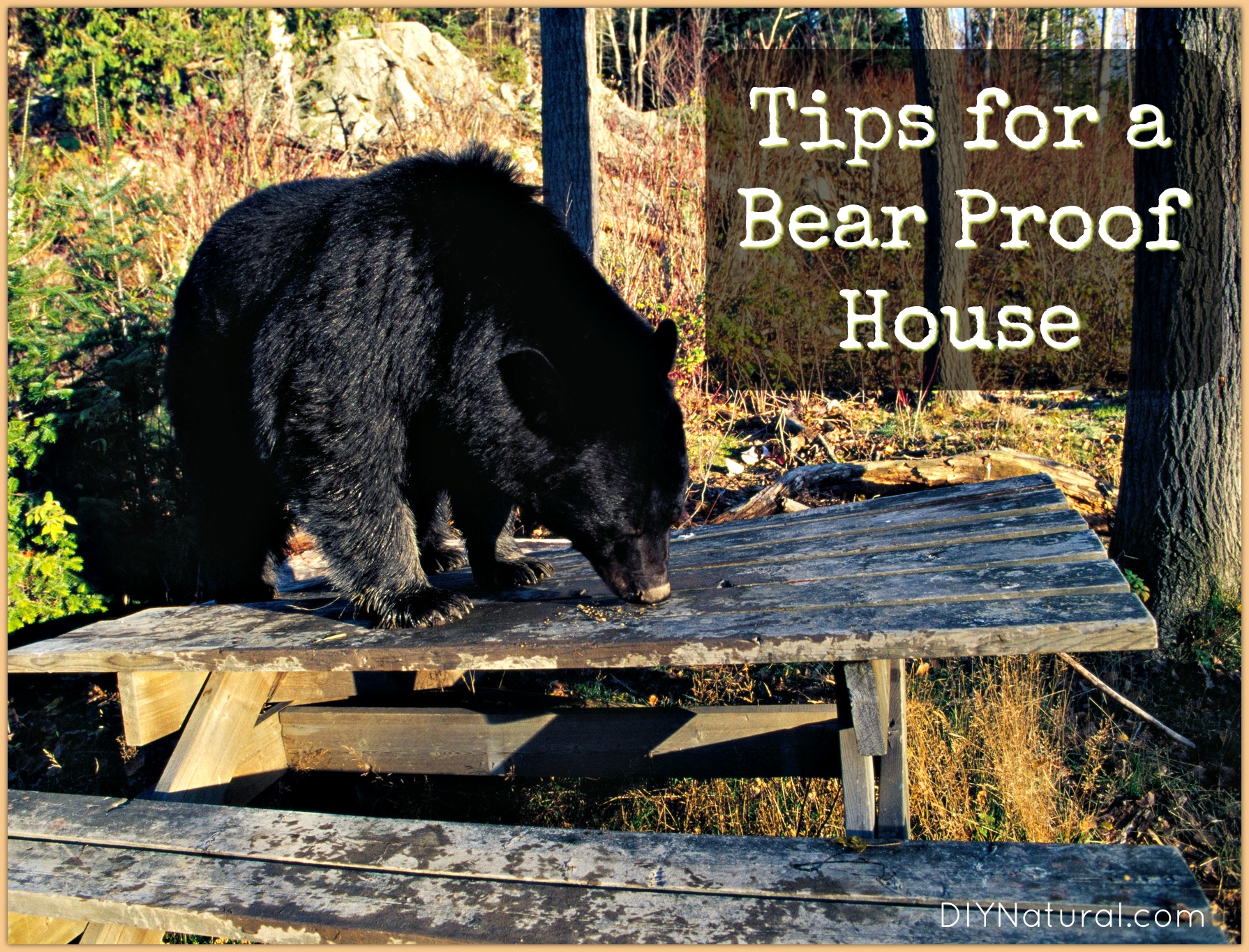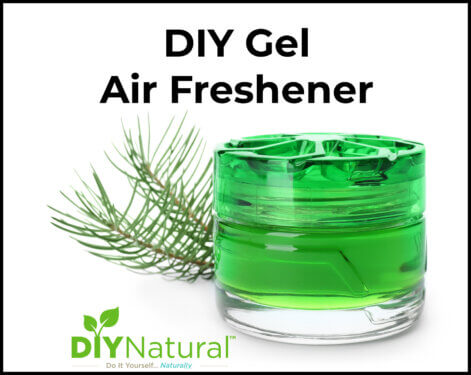
Learn to Create a Bear Proof House
I love to watch wildlife, but when a 450-pound black bear crosses your path at 9:30 in the morning, it’s a little disconcerting. I’m sure he didn’t mean any harm, but I didn’t want to give him a chance either. That encounter reminded me that I needed to do a few things differently.
Why Bears Bother You
In many areas, bears are coming out of hibernation in the spring. They’ve spent all winter sleeping and using up the fat they’ve stored just for this reason. They’re hungry as soon as they wake up. Unfortunately, spring is not a good time to look for food if you are a bear. They resort to bugs and worms, grubs being one of their favorites. Ants are another food source: this is why a lot of bears will rip apart tree stumps. Ants, along with termites, provide food early in the season. Honey is produced early in the year – and yes, bears do eat honey. It’s a quick energy source.
Beyond that, bears will get into your trash, tear apart compost bins, and raid bird feeders. Later in the season when food is ripening, it’s not as much of a problem.
Items to Remove or Secure
If you have bears in your area, you should consider removing or securing the following things:
- Trash cans – Bring them into a garage or shed, or at least use bungee cords for tie downs. It’ll be harder for bears to get secured lids open.
- Trash – If at all possible, don’t put your trash out until trash day. Bears have a keen sense of smell and can detect garbage as much as 10 miles away! Most bears stick close to their home area, so you won’t have lots of them coming from all around.
- Compost bins – If your bin is open, such as a pallet compost bin, consider some type of closure. Smaller bins may need to be tied down. You may also want to consider burying the fresh compost to help deter bears.
- Animal pens – Keep food inside the pen and only feed what they will eat in a short time. You may need to feed more than once a day. I once left some cracker crumbs in a chicken tractor that I put my girls in during the day. It didn’t occur to me that I shouldn’t leave the crumbs in there overnight, and the next morning it had a hole you could drive a Buick through and broken side bars. I never saw that bear, but it looked like he was big!
- Bird feeders – Some towns have ordinances about bird feeders and hummingbird feeders: you can’t have one because the bears are so bad about ripping them down. Take your feeders in at night; the birds are asleep anyway. I have mine on a big porch, and I rarely have to worry about them.
- Trash – Another thought is not to put trash that may smell, like food trash, in outside trash cans. At the college where I work, the trash cans that are tipped over in the morning are the ones that have had food waste in them.
- Water – Although bears rarely drink out of bowls, it might be a good idea to bring water bowls in for the night. There was a half grown cub who used to visit us and he’d drink out of the dog’s water dish. “Bart,” as we called him, had no problems using the same water dish the dog had used.
- Brush – Bears love the woods and if you give them a place to find shelter, they will. Try to keep brush cleared from around your home just so they don’t find a cozy place to take a nap.
- Bees – Bears really do love honey, so keep your hives secure. I know more than one bee keeper who has an electric fence around the hives.
Deterring Bears Naturally
There are some natural things you can use to help keep bears away. Keep in mind these things may not be effective for the bears in your area, but they are definitely worth a try. Note: Some of these things may also work to deter opossums and raccoons.
Sulfur-based dog and cat repellent
These contain sulfur compounds, mainly rotten eggs. The smell is bad, but only for a few days. After that your nose may not detect the smell, but other animals will. The granular form is the easiest to apply and works for a few months.
Pepper compounds
These can be white pepper, black pepper, or cayenne pepper. When purchasing, look for the word “piperine,” which is black pepper extract. This will bother a bear’s nose and they likely won’t be back. You can make a spray from cayenne and water – just be really careful not to get it near your eyes.
Neem
Often used as an insecticide, neem oil seems to contain something that bears don’t like. I had ants on my trash can, so I sprayed it with neem oil. Bart never went near it again. Neem oil is available at garden centers in the natural plant care section or online here. It’s very economical to use because this concentrated form needs to be diluted in water.
Dogs
Having a dog may work for some, but it didn’t for me. Joker, my Border Collie, would bark at Bart from the porch. Bart paid him no attention. It may work for other bears and other dogs though.
Animal Control
Animal control will rarely visit to remove a bear unless it’s done bodily harm. Call them only in a true emergency.
In Closing…
Your best bet is to leave the bears alone, take away their food source, and watch from a distance. Don’t feed them or follow them trying to get a picture! When bears get used to being around people it can be more dangerous than if they are fearful. In the past 3 weeks, we’ve had four bears within close proximity to people. Animal Control says we’re on our own, so we’ll just have to live with them.
Have you had problems with bears? If so, how did you deal with them?
*******



